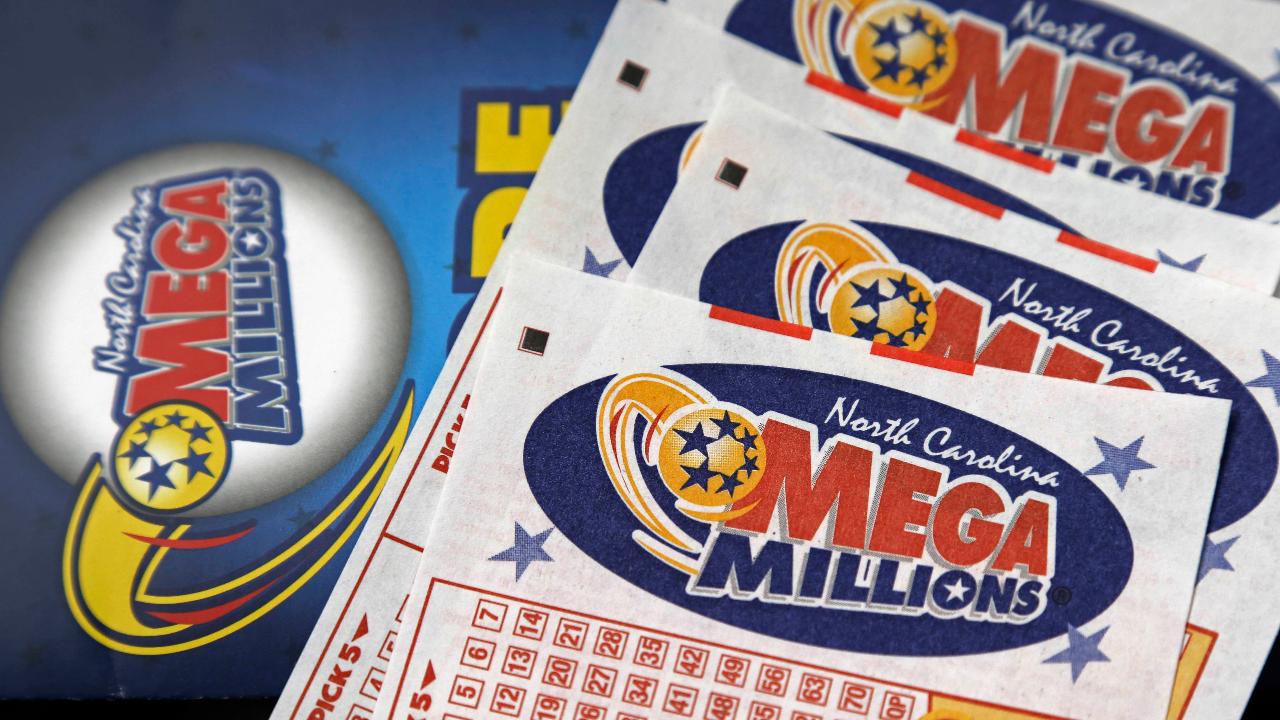Lottery luck? The most and least drawn numbers
It's official: Two lucky lotto players will be celebrating their new riches on Sunday.
Two tickets matching the winning Powerball jackpot numbers were sold in New York and Iowa, and are each worth $343.9 million, or $198.1 million in cash (making the combined prize $687.8 million, or a $396.2 million one-time cash option). The jackpot was the fourth largest in U.S. lottery history.
The winning numbers drawn Saturday were: 8, 12, 13, 19, 27. The Powerball was 4. This comes just days after a single winner took home the $1.537 billion Mega Millions jackpot.
Some numbers, however, have actually been drawn with more frequency than others for both the Mega Millions and Powerball games.
According to lottonumbers.com, across Mega Millions drawings since Sept. 6, 1996, the number 2 has been drawn with the most frequency, a total of 219 times. It was most recently drawn 21 days ago.
The second most common Mega Millions number is 17, appearing 218 times over the span of 2,235 games. In third place is 31, at 218 drawings, while 39 has been selected 214 times.
The numbers that have appeared with the least frequency are 72 – drawn 20 times – 71 – drawn 22 times — and 67, called just 24 times.
The most “overdue” number, which hasn’t been called in 154 days, is 36.
For Powerball, out of 2,766 draws since April 22, 1992, the number 26 was drawn the most often, at 285 times. It was last drawn 146 days ago. The second most common number – 41 – was drawn 282 times, most recently 20 days ago. In third place is 16, picked 279 times, 28 was selected 278 times and 22 came up on 277 instances.
The most overdue Powerball number is 35, having last been drawn 258 days ago.
The least drawn over the same number of games were 65 – which appeared just 16 times – 60, which was drawn 19 times and 66, popping up on 23 occasions.
However, while these numbers have been drawn with different frequencies over time, experts caution that is just pure coincidence.
“Every combination has equal chance of occurring, so which numbers you choose doesn’t impact your chance of winning,” Andrew Swift, associate professor in the department of mathematics at the University of Nebraska, Omaha, said in a statement to FOX Business.
The IRS will tax a sizable chunk of the loot, but because the pots are so large, winners still stand to take home a hefty payout.
This story has been updated




















